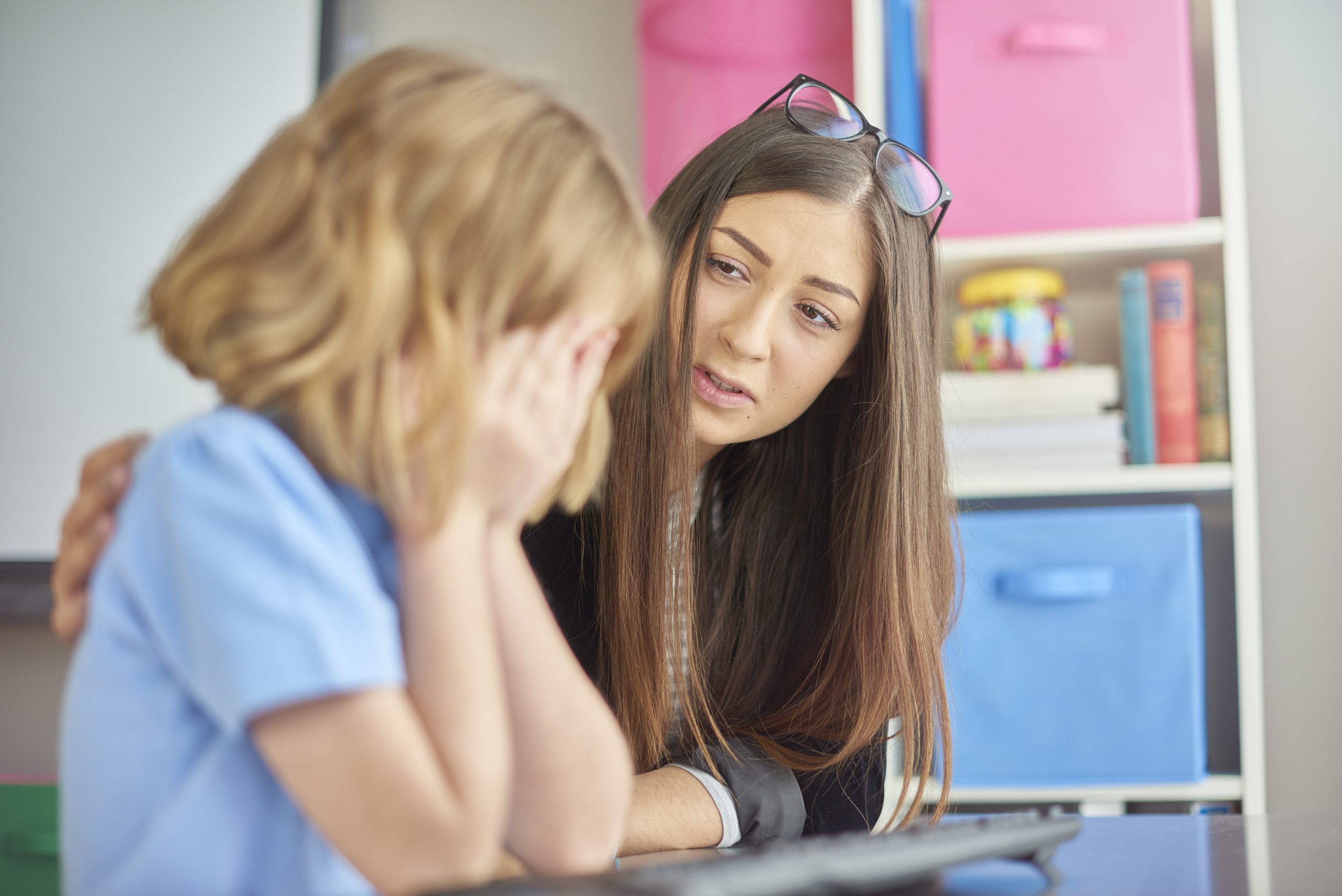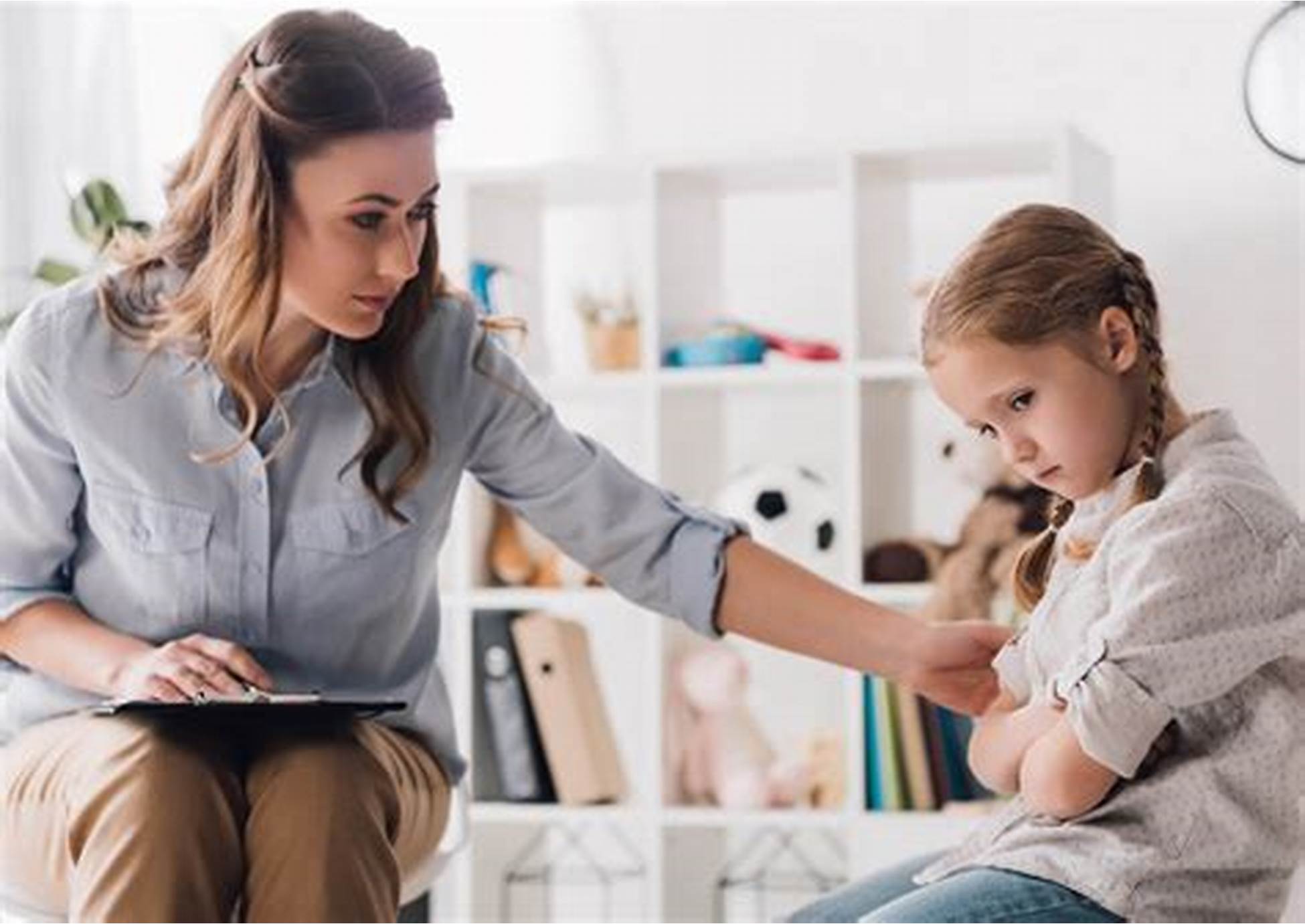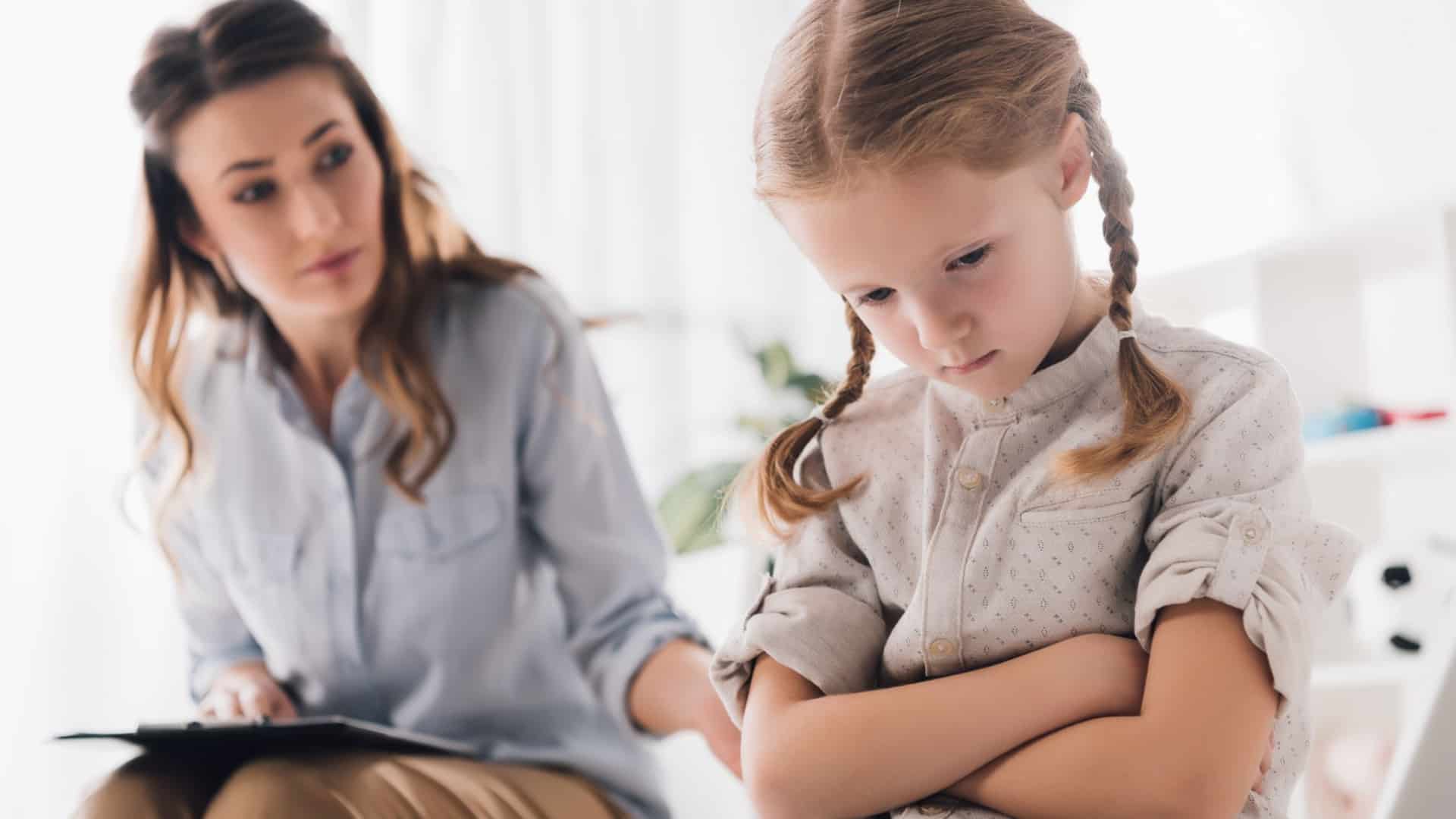Chưa được phân loại
How to Manage Kids’ Mental Health and Anxiety?
Hey there, fellow parents! 🌟 We all know that parenting is no easy feat, and when it comes to our children’s mental health, things can get even more complicated. The world today is a whirlwind of pressures, and it’s normal for our kiddos to feel anxious, stressed, or overwhelmed at times. Whether it’s school, friendships, or just the everyday ups and downs of life, kids can struggle with anxiety just like adults. But don’t worry! Today, we’re diving deep into some strategies and tips that can help you support your little ones in managing their mental health and anxiety. So grab a cup of coffee (or maybe a glass of wine 🍷), and let’s chat!
>>>Read more: How to Support Kids During Puberty and Adolescence?

Understanding Kids’ Mental Health
First off, let’s break down what mental health in kids really means. Just like physical health, mental health is all about how our kids think, feel, and behave. It’s the foundation of emotional and social well-being. Many factors can affect children’s mental health, including genetics, biology, trauma, and their environment. And just as we’d rush our kids to the doctor for a physical ailment, their mental well-being is equally important!
Kids might not always have the vocabulary to express what they’re feeling, and that’s where we, as parents, step in. Understanding the signs of anxiety in children is crucial. Physical symptoms like tummy aches, headaches, or changes in appetite can be telltale signs that something is off. Behavioral changes, such as increased clinginess, withdrawal from activities they usually enjoy, or irritability, are also key indicators.
Encouraging Open Communication
One of the best things you can do to help manage your child’s mental health is to create a safe space for open communication. Kids need to know that they can talk to you about their feelings without fear of judgment. Start small—ask them about their day, their friends, or even what they’re feeling at the moment. Establish a routine where you check in with them regularly.
You could say something like, “Hey, how are you feeling today?” or “What was the best and worst part of your day?” These kinds of questions can open up dialogue. Listen actively and validate their feelings. If they say they’re feeling anxious about an upcoming test or a playdate, reassure them that it’s perfectly okay to feel that way.
Create a Routine
Kids thrive on routine and predictability. Establishing a daily schedule can provide your child with a sense of stability in an otherwise chaotic world. Bedtime, meals, homework, and playtime should all have their place in the daily regime. Consistent routines can help reduce anxiety by making kids feel more secure and in control.
And don’t forget about incorporating relaxation time! Building in downtime can give kids a chance to unwind and process their feelings. Whether it’s reading a book, drawing, or just chilling with family, these moments are crucial.

Promote Healthy Habits
Physical health is intricately linked to mental health, so encouraging healthy habits is a win-win for everyone! Here are some simple strategies to get started:
- Nutrition: A balanced diet can help improve mood and energy levels. Get your kids involved in meal planning to encourage healthy eating habits!
- Exercise: Physical activity releases endorphins, which are natural mood lifters. Encourage family outings like biking, hiking, or even just walks around the neighborhood. Dance parties in the living room also count—just get moving!
- Sleep Hygiene: Make sure your kids are getting enough sleep. A consistent bedtime routine is essential, and try to limit screen time before bed to help them wind down.
Teach Coping Skills
Equipping your kids with coping strategies can empower them to manage anxiety effectively. Teach them techniques such as deep breathing, mindfulness, or visualization. Here are a couple of quick exercises you can do together:
- Deep Breathing: Take a large breath in through the nose, hold it for a count of four, and then release it slowly through the mouth. Repeat a few times. You can even make it more fun by pretending to blow up a balloon!
- Grounding Techniques: Help your child connect with their surroundings to ease anxiety. Have them use the “5-4-3-2-1” method: identify 5 things they can see, 4 they can touch, 3 they can hear, 2 they can smell, and 1 they can taste.
>>>Buy now: Personalized Busy Board for Baby Girl
Encourage Positive Self-Talk
Self-talk is the internal dialogue we all have, and it can greatly affect our emotions. Encourage your child to replace negative thoughts with positive affirmations. Say things like, “I did my best and that’s enough,” or “It’s okay to feel nervous; I can handle this.” Help them write down some positive phrases they can refer to when they’re feeling low.
Monitor Media Intake
In our tech-driven world, it’s essential to monitor the content your kids consume. News reports of violence, disasters, or any negative happenings can add to anxiety levels. Limit their exposure to overwhelming information and encourage more uplifting content.
Seek Professional Help When Needed
Sometimes, despite our best efforts, our kids might need a little extra help. If their anxiety seems persistent and becomes overwhelming, it may be beneficial to talk to a mental health professional. Don’t hesitate to reach out for help—just like you would if they had a physical illness. Therapists and counselors can provide specialized tools and support to help your child manage their feelings better.

Conclusion
Managing kids’ mental health and anxiety can feel like a daunting task, but it’s also an incredible opportunity to form deeper connections with your children. With compassion, understanding, and a few practical techniques, you can help your little ones build resilience and navigate life’s challenges more effectively.
Remember, you’re not alone in this journey! Many parents are navigating the same waters, and it’s perfectly okay to lean on your community for support. Don’t hesitate to share your experiences, try out these strategies, and adjust them to what works best for your family.
Here’s to happy, healthy, and resilient kiddos! 🎈 Keep shining, parents—you’re doing a fantastic job!
